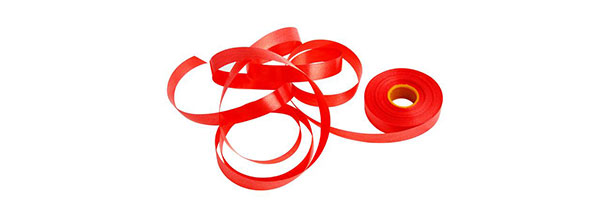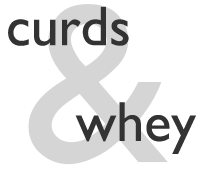
Cheesed off with Red Tape
 A grandmother who hand-milks four cows has taken on the world’s best cheesemakers and won – but she’s facing defeat at the hands of Ministry for Primary Industries food safety officers.
A grandmother who hand-milks four cows has taken on the world’s best cheesemakers and won – but she’s facing defeat at the hands of Ministry for Primary Industries food safety officers.
Biddy Fraser-Davies’ boutique Cwmglyn Farmhouse Cheese, from Eketahuna, has won a silver medal at the World Cheese Awards, been served up at Prince George’s Government House playdate, and is on the menu at top Wellington restaurants Logan Brown, The White House and Shed 5.
Tourists flock to her 4.4-hectare farm 20 minutes north of Masterton to enjoy a unique, gate-to-plate culinary and farming experience. Each of her cheeses bears the name of the jersey cow whose milk was used to make it.
But earlier this month a letter from a ministry food safety official told her she had until November 1 to get a $3680 risk management audit, or be forced to close.
That sum amounts to about a ninth of her annual turnover from a business that produces less than a tonne of cheese a year and earns her about $33,000.
Fraser-Davies, 72, believes she is being made to pay for the Fonterra contamination fallout, and says food hygiene rules do not allow for cottage industries such as hers
“In a country where the whole export industry relies on dairy production, they can’t believe that a mad old woman can make a living out of four cows. They’re just covering their butts.”
Her problems began with an appearance on TV’s Country Calendar in 2009, after which government food safety inspectors visited. She said they found her hygiene and equipment were faultless, but still told her she would be closed down unless she developed an approved risk management plan and swallowed a big rise in her compliance costs.
Fraser-Davies went on the offensive, making a submission to a parliamentary select committee that resulted in new regulations allowing for small-scale, artisan cheesemaking using milk from fewer than six cows.
Over the course of a year all her cheese was lab tested, with no harmful pathogens found. But she was told the new rules would apply only to milk producers supplying a cheesemaker, not to cheesemakers using their own milk – sending her back to square one, since dairying regulations would still result in compliance costs of up to $5500.
A ministry spokeswoman said milking and cheesemaking could produce health risks, and even one “bad batch” could jeopardise the whole industry. Fraser-Davies could reduce compliance costs by banding together with other small producers to bring a verifier out, and costs also usually reduced after the first year.
The Dominion Post
